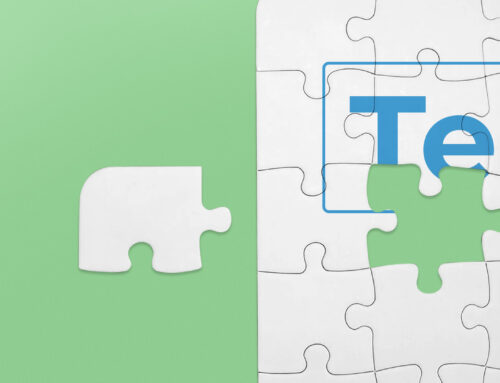Imagine that you are the boss of a medium sized company. You have ten to twenty people working below you, but communication between your employees is tense because of disagreements and conflict. It has led to low levels of enthusiasm and happiness at work, and even worse, it has led to a decline in sales across the board. Maybe you don’t have to imagine because this is your company right now! If so, you need to make a change quickly, and a DiSC assessment could help you to do it. During a DISC assessment, your employees will learn about what kind of work profile they have, how to spot the attributes to see this, and how to determine what work profile their fellow employees. Most importantly, DISC will also teach you what a typical person of each profile will react well to in terms of communication, and what they may react poorly to. Improvement in communication is the goal, and in theory, DISC may be useful, but the question is: are DISC assessments really worth exploring for your company, or is it just another day of training that will have little impact on your actual work environment?
There are several positives to using DISC. The first is that it can be used in a number of ways. They say ‘knowledge is power”, and if an individual understands the DISC model he or she may be able to affect and change their inter employee relations, their employee-manager relations and their employee customer relations. Knowing what kind of person you are talking to means knowing how to satisfy them, no matter whether they are your boss or your customer. The principle remains the same. This means that even one day of DISC training can have an incredible impact on several different areas of a company, improving bottom line results across the board.
Another advantage of DISC is that training doesn’t always have to be provided by a DISC provider. One employee at one company can become the designated DISC trainer by taking an accreditation course and then impart the knowledge to their co-workers. This can limit expenditure and improve efficiency by having an in house expert that can discuss and teach colleagues about the importance and value of good communication.
There is one substantial disadvantage to using DISC though; that it does not offer enough real training into how to change your communication with the knowledge you have gained from its profiling. With the assessment, you will learn and understand what to look for in your employees to determine their profile, but not exactly how to change your own behaviour to suit them. For that, you are on your own, and this limits the positive impact of the assessment. The DISC model is theory driven and does not always offer you the tools to put your understanding into practice, and without this is DISC really that useful?
Deciding whether to use DISC will be difficult for any company. The theory-driven disadvantages of the system may put off a company and this is understandable. But studies show that when employees understand each other, and their differing personalities, communication levels increase, and bottom line results do the same. This is no coincidence and in that sense DISC must have a positive impact, ultimately making it worth the risk to give it a go! If it’s good enough for 70% of Fortune 500 companies then it must also be good enough for yours, right?




